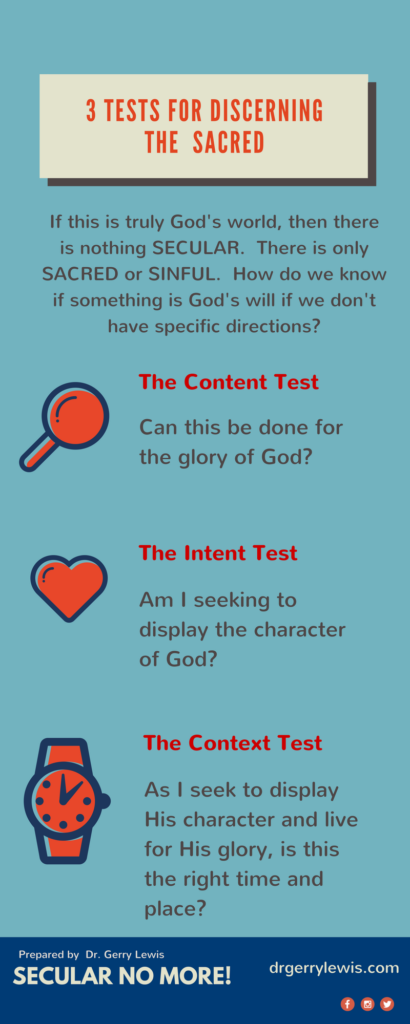So what is this mystical “heart of the matter” that people talk about? Or for that matter, what’s the matter?
No, I didn’t just ask you what’s wrong. I realize that we often use “what’s wrong” and “what’s the matter” interchangeably, but that’s a false assumption. “What’s the matter” means that there is a matter at hand that needs to be identified so that it can be properly considered. Getting to the “heart of the matter” means that we look deeply into the core of the matter at hand.
Last week I began a discussion of core values. In that post I shared the first two of my four recently identified core values. If you missed that post, you can find it at here.
I’ll also remind you that I share these as (1) an explanation of why I communicate the way I do, (2) permission for you to call me out if I violate them, and (3) an example to challenge you to consider your own core values.
So, here are the last two:
Core Value #3 – Lead from your strengths. I am a person of influence, therefore I am a leader. I will influence and lead poorly if I try to be all things to all people or spend all my time trying to get better where I’m weak. My primary question is not, “What do leaders and influencers do?” My primary question is, “What must I do as a leader and influencer?” I must demonstrate this value by knowing my strengths and aligning my life around them.
Core Value #4 – Truth has one source. As one who has spent the majority of my adult life working within a church context, it is an occupational hazard to divide life into sacred and secular. Ministry vocation versus secular job. Christian versus secular music. Bible versus every other book in the world. If Jesus truly is the Truth (as John 14:6 says) and the Bible is the written revelation of God’s truth (as numerous passages proclaim) then God is the Source of everything that is really true. If a statement contradicts what is found in the Bible, then it is not true. But if a statement is consistent with what is found in the Bible, even if it is spoken by someone who doesn’t accept the Bible as true, it is still true. What makes it true is the statement itself, not the speaker. Truth spoken by my sworn enemy is still truth. A lie spoken by my best friend is still a lie. That’s why I can appreciate, quote, and learn something from someone with whom I disagree on many points. I must demonstrate this value by eliminating the concept of “secular” from my life.
Work, words, music, art, actions—we dare call nothing “secular” that finds its source in the Author of life, truth, and beauty. My belief is that “secular” does not exist. There is only “sacred” and “sinful.”
We dare call nothing “secular” that finds its source in the Author of life, truth, and beauty. Click To Tweet
I have developed a 3 part test to help me determine if something I intend to do or say is sacred or sinful:
(1) The Content Test – Can this be done for the glory of God? (2) The Intent Test – Am I seeking to display the character of God? (3) The Context Test – As I seek to display His character and live for His glory, is this the right time and place?
So, where’s your heart? Are you connected at the core to the Author and Source of all Truth? Do your values give evidence of what you say you believe? I’d love to hear from you. Don’t ever forget that your life matters to God.
To share your thoughts on core values, truth, or the sacred/secular distinction:
- Comment below to share them with me publicly.
- To share them with me privately, Email contactgerrylewis.com
To download a printable PDF of this infographic, click on the link below.




